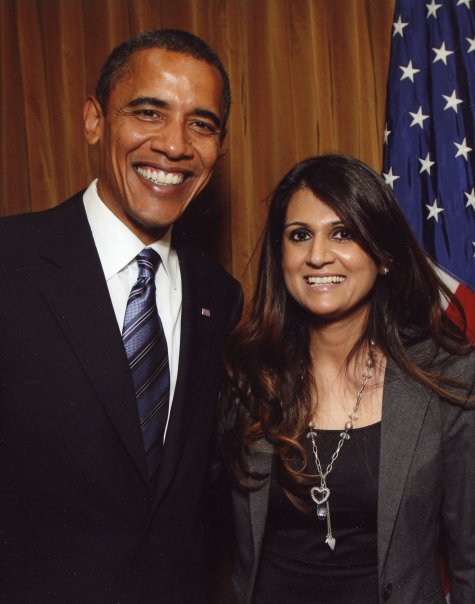Stories From Women Founders
Marcia Herman
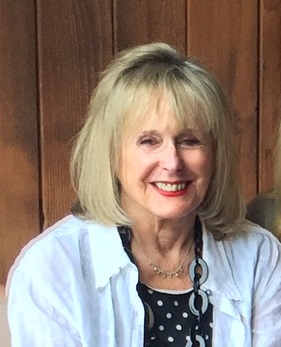
MArcia Herman was the co-founder of the Los Angeles Women’s Political Committee in 1977
Check out a clip from Marcia Herman's oral history on how the organization shaped her life:
"I am definitely known. People who know me know that I am committed to this, that I am committed to electing women, and they also know that I am a very, very strong Democrat. Even though I’m not active with the Democratic Party, I am a strong Democrat. And so it’s kind of like who I am. I mean it’s now become morphed into who I am, and we actually don’t have any really close friends who are not Democrats who would not be voting for Hillary. It just wouldn’t be possible for me. "
Sue Savary
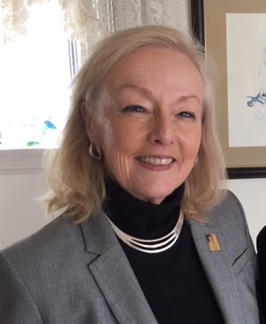
Sue Savary is the Founder of the Newport Beach Democratic Women’s Club (NBDWC); and former candidate for Congress, 48th District
Check out a clip of Sue Savary from her oral history about her work:
"So when we created the Newport Beach Women’s Democratic Club I spent seven years as the president and oh, we just created hell around here. The Newport Beach City Council wanted to put a Ronald Reagan statue in front of city hall and we said, Not gonna happen, unless you put JFK across from him, you’re not going to do this. There are over 500,000 Democrats in Orange County. It is the highest number of Democrats for any county in the state other than LA and San Diego, more than San Francisco. That’s how many are here. And we don’t know it. We act like I’m the only one around. That’s half a million Democrats! That’s gigantic! And everybody is so fearful because they’ve been kind of trained in this model. So maybe what I try to do is present a model of a proud Democrat who’s willing to stand up and say, “These are our values and this is what this country is built on” and be proud of it and then come together. And I’ve tried to do that up and down the coast.”
Anila Ali
Anila Ali is the founder of the Irvine Pakistani Parents Association (IPPA) and founder of the American Muslim Women’s Empowerment Council
Check out this clip of Anila Ali from her oral history:
“I grew up in a family full of enlightened people. My grandmother was the first Indian-Muslim Assemblywoman a hundred years ago, so you can imagine that, getting my genes from my grandmother of being an activist and woman’s rights leader. I grew up with women who were strong women, who had jobs, women who were powerful. They were the matriarchs of the house. I think women have an edge on being compassionate. I think we lead as well as men, but I think we have a little bit more perspective, and we have a little bit more compassion, with no offense to men. I think that’s how we’re different because, you know, we’re mothers, and we have a soft heart. We have, obviously, the female perspective. We bring that calmness to leadership, and we bring that, I would say, female touch to the leadership. And compassion comes naturally with it. So slightly different, but I think women are brilliant leaders.”
Lindsey Horvath
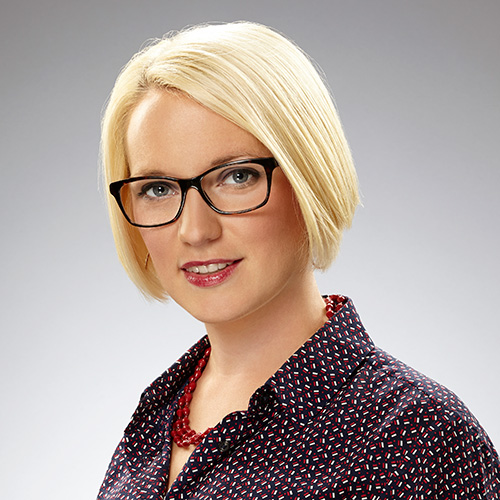
Lindsey Horvath is the founder of the Hollywood Chapter of NOW
(National Organization for Women)
Check out a clip from Lindsey Horvath's oral history:
“I just worship the ground that the Second Wave walks on, and I wish I could have lived in the sixties and seventies. And so, we’ve kind of had this shared experience which was really fun. I really appreciate and understand why women who fought those battles would want to be recognized for them. And, some of it may be ego, but I think some of it is just proper acknowledgment of what they’ve done, and I think because history doesn’t really always include, accurately if at all, who did what and how. This is sort of their way of making sure that their legacy is protected. And so I really have a deep and profound respect for that.”
Beverly Voran
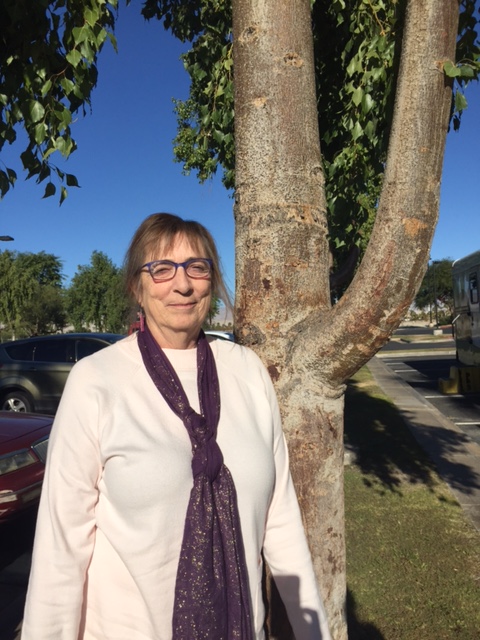
Beverly Voran is the founder of Rosasharon, the first federally-funded battered women’s shelter in Los Angeles in 1978
Check out a clip from Beverly Voran from her oral history:
"It was the fall of ’75 that I read the Ms. Magazine article on battered women. And I had no clue, I mean none, that that was going on. I grew up in a very nonviolent environment. Not that it probably wasn’t going on in some households, but among my family and my friends that, you know, I never knew anything. And so I read this article and I was so stunned, and then the next month came the letters from the battered women. And it completely freaked me out. I mean I couldn’t think of anything more horrifying than being in a situation like that and not having any way to get out. ‘Cause I was reading about women whose families would throw them out if they left their husbands and all that, all that ugliness. So I got on the phone. Well, I went to the Los Angeles Yellow Pages and I thought there’s gotta be some social services that I can get involved with and volunteer. And I called all of the social services that I could find in the Yellow Pages. Nobody was doing anything for battered women.”
